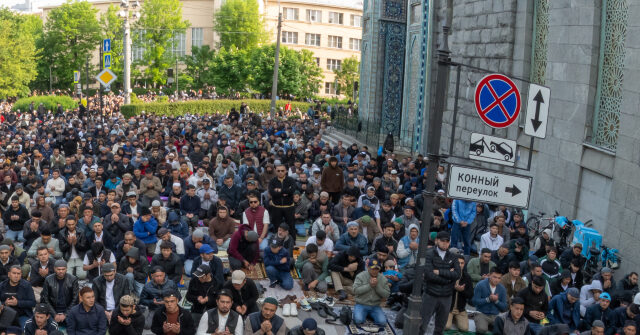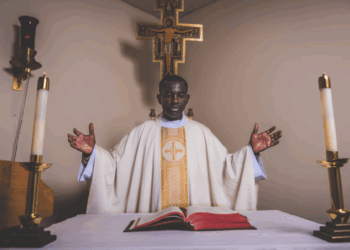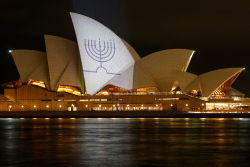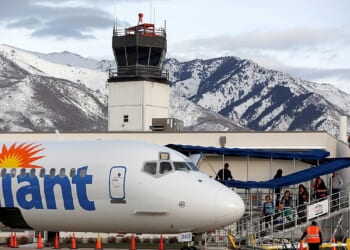Russians are reportedly growing exasperated with Central Asian Muslim migrants praying in public places, while the migrants say Russian cities do not have enough mosques to accommodate their need to pray five times each day.
Radio Free Europe (RFE) reported on Sunday that two social media videos appear to have galvanized Russian anger, one from Vladivostok in March and another from the far eastern city of Khabarovsk in October, that showed Muslim migrant bus drivers kneeling to pray in front of the vehicles they were supposed to be driving.
The October video was particularly irksome because it depicted passengers sitting inside the bus, waiting over ten minutes for the driver to finish his prayers. The regional transportation ministry received complaints from some of the passengers, investigated the incident, and cleared the driver of wrongdoing because he was using legal break time to complete his prayers.
The driver in Vladivostok was reprimanded and instructed to “show respect for the cultural and religious feelings of others” by finding “more secluded places to perform religious rituals.”
“While I’m not against Islamic prayers, I think it’s pretty weird when someone on the subway rolls out a prayer mat or a minibus driver starts praying,” remarked Valery Fadeev, head of the Russian Presidential Council for the Development of Civil Society and Human Rights.
Fadeev told a roundtable discussion on migration policy in October that Russia needs to import large numbers of laborers from countries like Uzbekistan and Tajikistan, and some of those migrants are unaccustomed to the rhythms of big city life, so they might not understand why kneeling in front of a bus to perform a prayer ritual is unsettling for Russian urbanites.
Some migrants and their advocates saw Russian complaints about public prayers as a sign of growing suspicion and intolerance, which grew more pronounced after the terrorist attack on the Crocus City Hall music festival in March 2024. The attack was a shooting rampage perpetrated by a faction of ISIS that killed 149 people and injured over 600 more. Some Russian officials, including President Vladimir Putin, claimed the attack was sponsored by the Ukrainian government.
A Tajik taxi driver named Daler told RFE that since Russia does not have enough mosques to handle its surging numbers of Muslims and Islam’s prayer rules are quite strict, taxi and delivery drivers feel obliged to hop out of their vehicles and find the most secluded spots available. Modern Muslims can consult phone apps, calculators, or websites to find the exact times for the five mandatory prayer intervals, adjusted for Russia’s vast geography.
Daler disapproved of this practice, saying he could understand why non-Muslims found it off-putting.
“It draws attention and builds resentment toward migrants. I respect people’s right to religious freedom, but I think we shouldn’t add fuel to hostility toward migrants by praying where it inconveniences people,” he said.

















